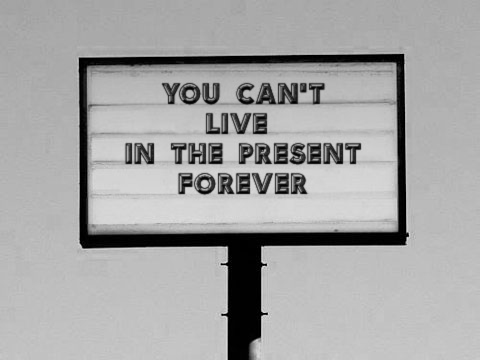The Failings of the Church Justifies Her Existence Not Eradication
Over the weekend, while the Judicial Council of the UMC made a big decision, I could not help but think about Lillian Daniel's book When "Spiritual But Not Religious" Is Not Enough: Seeing God in Surprising Places Even the Church. While the whole book was fine, it was the first chapter that spoke to me. I share a short excerpt from that chapter with one modification. While Daniel is critiquing the "Spiritual but not religious" category, I offer one slight modification to her writing here. The addition is what is in (parentheses).
"The church has done some embarrassing things in its day, and I personally do not want to be associated with a lot of it. But, news flash, human beings do a lot of embarrassing, inhumane, cruel and ignorant things, and I don't want to be associated with them either. And here, I think we come to the crux of the problem that the (progressive/conservative) spiritual but not religious people have with the church.
If we could just kick out all the human beings, we might really be able to do this thing and meet their high standards. If we could just kick our all the sinners, we might have a shot at following Jesus. If we could just get rid of the Republicans (exclusionary language in the Discipline), the Democrats could bring about the second coming and the NPR would never need to run another pledge drive. If we could just kick out all the Democrats (Discipline disobedience), the fiscally responsible would turn water into wine, and the church would never need another pledge drive.
But in the church, as everywhere, we are stuck with one another, and being stuck with one another, we don't get the space to come up with our own human-invented God. Because when you are stuck with one another, the last thing you would do is invent a God based on humanity. In church, in community, humanity is just way too close to look good."
Perhaps ironically it is the divisions in the Church that keep me connected to the Church. I know it is the Church, with all of her divisions, that help us from creating a God in our own image. Humans are too peaty to model a God after. The failings of the Church justifies her existence not eradication.
Just a problem with living in the moment
A common practice in popular spirituality is to "live in the moment". "Live in the moment". "Savor the moment". "Being in the present", There are a number of slogans that emphasis the importance of being present moment-centric.
There is a story of Jesus going up on a mountain with some disciples and Jesus is transfigured before them. While some of the disciples want to 'live in the moment' and build shrines so not to come down the mountain, God commands that they must come down from the mountain.
Why?
When we are present moment-centric then we do not think about the future. Which is a bit problematic for those who believe that we should be doing what we can to better the world around us. Why would I want to better the world around me if I am only living in the moment?
It is clear that to live in the moment does not take seriously the work of the future or the lessons of the past. Present moment-centrism might be good for the individual for a time, but that is all that it is. Good for the individual.
And when we have a spirituality that is focused on the individual I am not sure if that spirituality is not just an idolization of the self.
Word of God for the people of God - Thanks be to God
Walter Brueggemann was being interviewed on the Home Brewed Christianity podcast a few episodes back. In the interview/discussion it was brought up in some form or fashion the reason Christians say, "The Word of God for the people of God. Thanks be to God."* after the scripture is read in worship.
Bruggemann brought up that a reason we say this after the scripture is to affirm that the scripture is our story/text. It is the text which helps define and identify us as a community and a people. This is the Word above all other would be authoritative words in our world. Not the Constitution. Not the Bill of Rights. Not the philosophical thought of Marx or Locke or Dawkins or "the Market" or Plato or Rand. There are devotees of these sources which will elevate these authorities to demi-god status.
For the Christian to say, scripture is the Word of God is not only to say that these other sources are not authoritative in our lives, but it also says that these other sources are in fact not God.
___________
*It is worth noting that we say the Word of God, and not the words of God. This public affirmation of the Scripture is not an affirmation of the idea that what was just read are the literal and specific words of God.

Be the change by Jason Valendy is licensed under a Creative Commons Attribution-NonCommercial-ShareAlike 3.0 Unported License.













